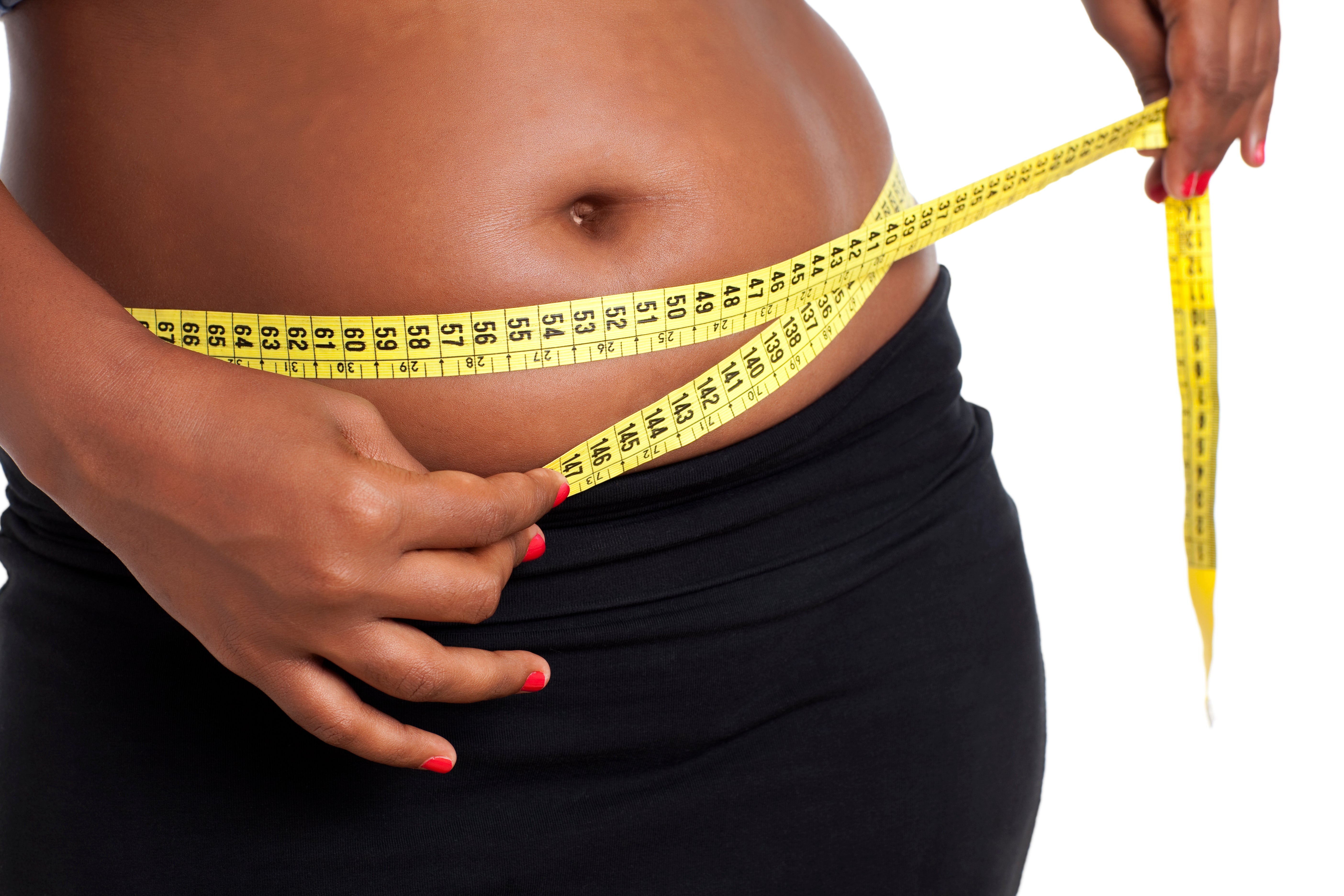Let’s get the bad news out of the way: Black women have the highest death rate from breast cancer of all racial and ethnic groups in this country.
Now for the good news: By making certain lifestyle adjustments, staying up to date on screenings, and taking immediate action if you feel a lump in your breast, you can improve your odds. This is true even if your mother or sister has had breast cancer, or test results show that you have a genetic predisposition. Take the following steps—some tried-and-true, others new and improved—to help protect your breasts:
This article originally appeared in the October 2005 issue of ESSENCE magazine.
Cigarette smoke is a threat to breast health. And the earlier you pick up the habit, the greater the damage. “If a girl starts smoking in her teenage years, her breast-cancer risk is 50 percent higher for the rest of her life,” Horner says.
More surprising, recent research, including a study published this year in the International Journal of Cancer, has indicated that secondhand smoke contributes to breast cancer, even in pre-menopausal women. A combination of higher estrogen levels in younger women and the carcinogens may explain why. So avoid secondhand smoke. And if you smoke, quit right now.
Regular exercise—even if it’s just walking—may lessen your breast-cancer risk, according to a report published last spring in the Journal of the American Medical Association. Of nearly 3,000 women studied, those who performed moderate exercise such as walking three to five hours per week cut their risk of breast cancer by half.
According to Horner, exercise works by boosting immune function and decreasing the amount of “bad” estrogen the body produces. Bad estrogen causes breast cells to grow and divide at a more rapid speed, she explains. “The faster they divide, the greater the chance that a cancer mutation will occur.” If you’re not doing it already, start walking for 30 minutes three or four times a week. Then work your way up to heart-pumping aerobic exercise.
No doubt you’ve heard that eating plenty of fresh fruits and vegetables is essential for overall wellness. According to Christine Horner, a surgeon and author of Waking the Warrior Goddess: Dr. Christine Horner’s Program to Protect Against and Fight Breast Cancer (Basic Health), a plant-based diet may also decrease your breast-cancer risk.
Fresh fruits and vegetables contain phytochemicals—Horner calls them natural medicines—that perform specific anticancer functions. For example, broccoli, collard greens and other cruciferous veggies are a source of indole-3-carbinol, a phytochemical that inhibits breast-cancer growth. Another promising anticancer food is actually a spice. Turmeric, a potent antioxidant found in curry, helps prevent cell damage that may lead to cancer.
The spice even has its own study at the University of Texas MD Anderson Cancer Center, where researchers are testing it as a chemical-free complement to other cancer-preventing drugs. An easy way to get turmeric into your diet is to add about one third of a teaspoon to food at the end of cooking, or take a 1,000 milligram daily supplement (with your doctor’s blessing, of course).
Besides weighing down your body and spirit, excess pounds, particularly after menopause, ratchet up breast-cancer risk. “Twenty to 30 percent of all postmenopausal breast cancers are thought to be due to obesity,” Horner notes.
Although there have been uncertainties about the link between body size and breast cancer, “it’s believed that when there’s excess fat in the body, it generates estrogen,” says Harold P. Freeman, M.D., medical director at the Ralph Lauren Center for Cancer Care and Prevention in New York City. If you’re not sure how much weight you should be carrying, see your physician.
In addition to determining your body mass index (BMI)—a measure based on your height and weight—ask your doctor or personal trainer to calculate your body-fat percentage. In women, body fat should not exceed 28 percent, Horner says. If it does, you’ll be at high risk for health problems and should reduce body fat. For more information: Visit the Centers for Disease Control and Prevention Web site (cdc.gov) and search for “body mass index” to calculate your BMI.
Red wine has been touted as a cancer fighter because it contains antioxidants. But when it comes to staving off breast cancer, the risks of drinking red wine and all other alcoholic beverages may outweigh the benefits.
According to research that links alcohol to breast cancer, just one drink a day—whether it’s beer, a mixed cocktail or wine—can raise your risk by 20 percent. Blame it on the hormones. “Alcohol will increase the amount of estrogen the body produces,” Horner explains. “It also increases a hormone called prolactin, which speeds up cell division in the breast.” The National Cancer Institute recommends consuming no more than one drink per day.




